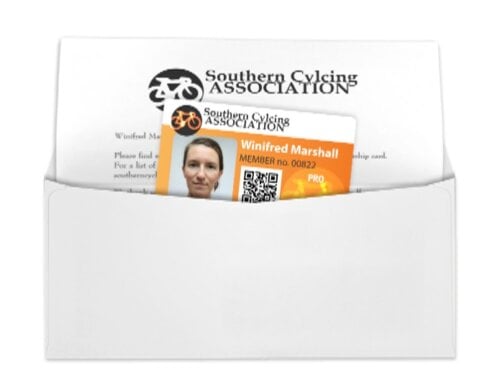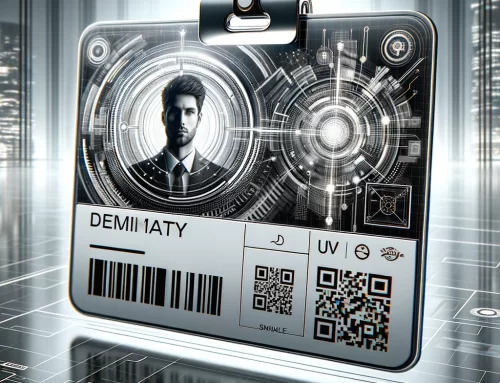 Many people, when they hear that I run America’s leading online photo ID card provider, ask me “but isn’t that a dying business?” Aren’t ID cards going the way of the buggy whip and the steam engine? But you know what? I’ve been hearing that reaction ever since I started this business in 2007, and we’ve grown every year since then. Maybe one day our growth will falter, but I don’t see any signs of that happening anytime soon. Let me explain why.
Many people, when they hear that I run America’s leading online photo ID card provider, ask me “but isn’t that a dying business?” Aren’t ID cards going the way of the buggy whip and the steam engine? But you know what? I’ve been hearing that reaction ever since I started this business in 2007, and we’ve grown every year since then. Maybe one day our growth will falter, but I don’t see any signs of that happening anytime soon. Let me explain why.
It is true that many features of the humble photo ID card can be reproduced on a phone. In fact, there are even some states that are issuing digital versions of driver’s licenses. But I’d like to emphasize that in no case is there only a digital version – it is always a supplement to the traditional, tried-and-tested pvc plastic card. In those states, you get a physical card and you also get a digital version of the card via a secure app on your phone. So even if you can now occasionally board a plane with just an app on your phone, that doesn’t mean that there is no physical card anymore, it just means that the card is no longer required by the specific airline.
And I see that holding true in many applications – a digital ID will be issued as a complement to, or in addition to, the classic printed ID card. But rarely will a digital ID be a full and complete substitute for the proven, physical ID card. This is because in the thousands of situations where we have a need to identify ourselves, only those with relatively advanced technologies (like the airlines) will be able to go fully-digital. Just about all the other environments are still relying on the physical card, and will continue to do so for a long time to come.
There is another very important reason that we can’t yet go fully digital. Digital IDs are designed to be displayed “on-demand” – that is, when you are boarding an airplane, or when an officer pulls you over for a traffic infraction. But in many circumstances, a photo ID card needs to be displayed non-stop. That’s why there are lanyards to allow the owner’s identity to be continuously visible. That’s what’s typically required at, for example, a trade show or a business convention. Another example is in hospitals, where people are regularly checking whether someone is authorized to be in certain restricted parts of the facility. And patients always want to know the name and qualifications of the person treating them, without having to question or challenge them. It would be highly impractical, and quite uncomfortable, to keep demanding that each caregiver displays an app on their phone just to demonstrate who they are! And similarly, police, fire, and EMT are expected to continuously display their credentials so any member of the public that they come in contact with them can validate their authority.
Physical cards are becoming smarter and smarter, as well. Many today contain RFID chips, which allow them to be automatically read whenever required, like at the entrance to the gym or by a timeclock. Of course, the same can often be accomplished with a phone, but that is often quiet complicated technically. A phone app requires validation, and if someone is checking in while on the phone, can interrupt a call. And not everyone wants to have their phone contain all their credentials, so we see a strong resistance to going all-digital in these situations.
As I talk to people, I often ask them “is your wallet getting thinner?” A few cards may be removed as we migrate certain cards from the wallet to a phone. But it seems everyone is always dealing with additional cards, as they have more organizations they associate with or are a part of. I haven’t heard of anyone who has succeeded in eliminating his or her wallet. I actually don’t think people are yet even dreaming of eliminating their wallet. That just doesn’t seem feasible yet.
 There are some cards we keep with us at all times that are simply unavailable in digital form. So despite the fact that many people talk about going “paper-less” or in this case “card-less”, that still appears to me to be a long way in the future.
There are some cards we keep with us at all times that are simply unavailable in digital form. So despite the fact that many people talk about going “paper-less” or in this case “card-less”, that still appears to me to be a long way in the future.
I’d love to hear your thoughts on the subject. Don’t hesitate to email me your thoughts at [email protected].




